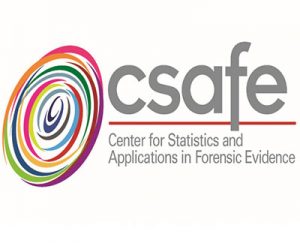West Virginia University College of Law is hosting a symposium on Flawed Forensics & Innocence on March 3-4, 2016. Scholars, journalists, and practitioners will be discussing the challenges of using forensic evidence in the courtroom; Radley Balko of the Washington Post will be the keynote speaker. From the symposium webpage:
The criminal justice system in the United States aims to apprehend and prosecute individuals suspected of violating the law. Many of the resulting convictions, however are based on unvalidated or improper forensic science—evidenced by the prominence of DNA exonerations. Even then, only a fraction of all criminal cases involve biological evidence that is subject to DNA testing. Instead, the overwhelming majority of convictions are based on other forms of forensic evidence such as hair microscopy, bite mark comparisons, tool mark analysis, and shoe print comparisons, most of which has not been subjected to sufficient scientific scrutiny. In fact, the FBI recently conceded that twenty-six of its experts in its microscopic hair comparison unit overstated forensic evidence favoring prosecutors against criminal defendants for more than two decades. Unfortunately, the problem is not limited to improper forensic testimony, but also includes forensic misconduct and the absence of scientific standards. Accordingly, the West Virginia Law Review is hosting its symposium entitled Flawed Forensics & Innocence in order to educate the public and, hopefully, spark meaningful debate in the legal community regarding the need to make criminal justice reform a priority.
For more information and a full list of speakers, click here. All are welcome to attend.


Leave a Reply